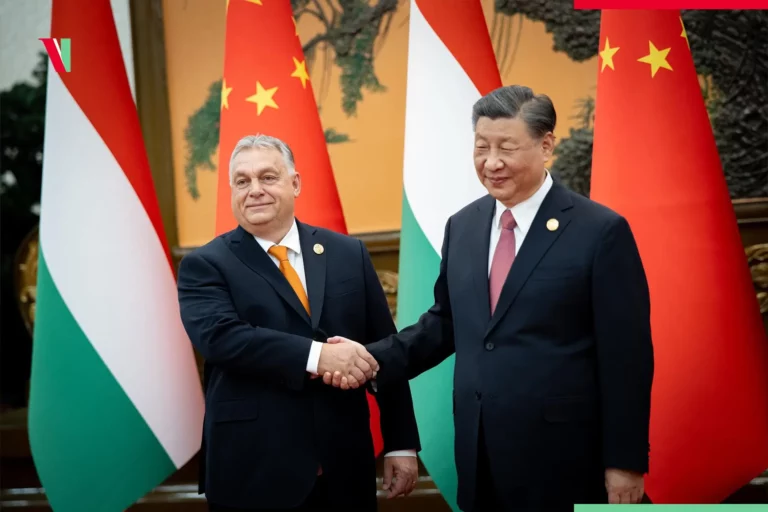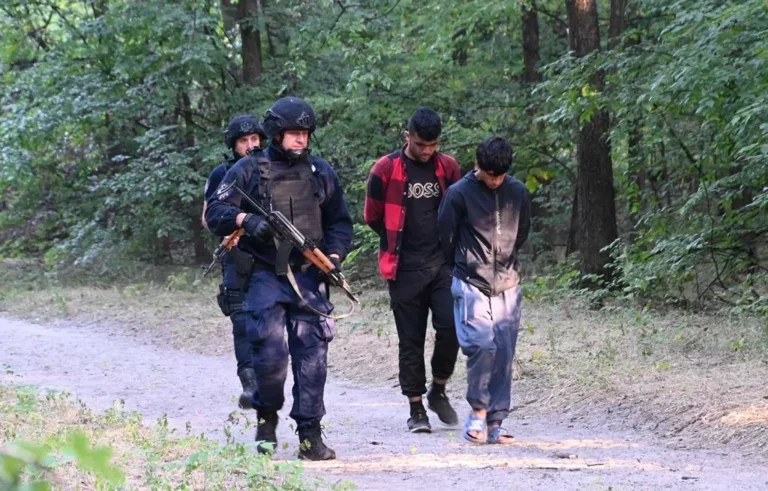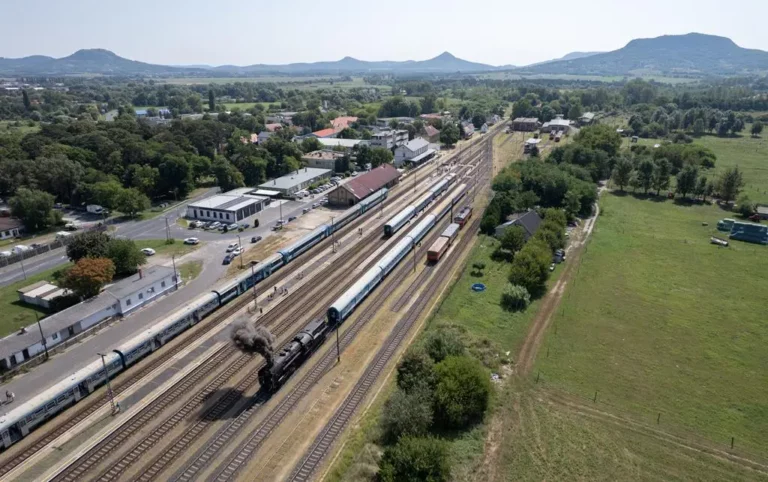Serbia
New leader of the Hungarians living in Serbia chosen by PM Orbán?

Orbán and Serbian President Vucic bid farewell to late leader of Hungarians living in Serbia

Orbán to speak at funeral of Vojvodina Hungarians’ leader

Leader of Hungarians living in Serbia died today – UPDATED

Belgrade–Budapest railway constrution in huge trouble? Xi Jinping rejected Orbán

Hungary and Serbia protest Bulgaria’s tax on transit gas from Russia

New bishop of the Serbian Reformed Church, László Harangozó, was consecrated

PHOTOS, VIDEO: Hungary beats Serbia, Hungarians almost surely on the European Championships

Hungarian border guards will get permission to shoot on migrants?

Orbán: Legally we are raped

Shocking: Hungarian man breaks world record for highest blood alcohol level ever

Orbán holds talks with Bosnia and Herzegovina’s Serb leader Milorad Dodik
Prime Minister Viktor Orbán held talks with Milorad Dodik, the president of Republika Srpska, Bosnia and Herzegovina's autonomous Serb Republic,...
Travel time from this Hungarian city to Serbia will be much higher than promised

PM Orbán in talks with the United Arab Emirates in Belgrade: Budapest Airport on the menu? – UPDATED

Budapest–Belgrade railway in big trouble, PM Orbán travels to Bejing to find a solution

VIDEO: Madman shouts ‘Allahu Akbar’ on Wizz Air flight, heroic passenger averts disaster

Scandalous: Hungarian-language sign of Subotica in Vojvodina, Serbia vandalised

Serbian president to address Budapest Demographic Summit





 ZH
ZH IT
IT DE
DE HR
HR NL
NL FR
FR JA
JA RO
RO RU
RU ES
ES TR
TR
